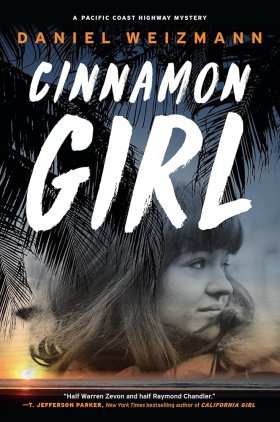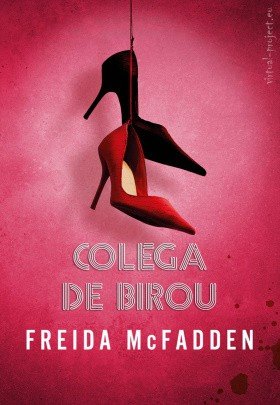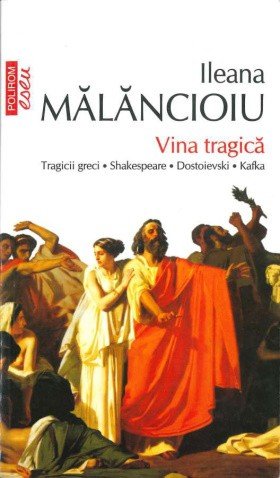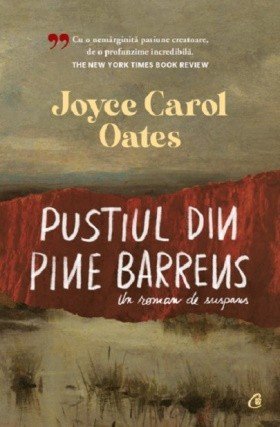“…old lady dress, fuck that…”
“…back to Sacto, I don’t need no cutthroat…”
“…says ‘I love you’—bullshit…”
“…Yeah, I went out. But then I came back. Don’t forget that. I came right the fuck back.”
“…told him, brother, I can’t stand no more darkness. I. Just. Can’t.”
I moved through this rummage sale of death, shooting over-the-shoulder glances with a jagged pace out of silent movies, fear probably written all across my face.
“Howdy, excuse me, yeah, you hear of a guy named Sandoz? Mickey Sandoz? Sanderson? You know a guy, you ever meet a guy—I got an old picture right here (hoping nobody jacks me for the phone) see this guy, yeah, I’m looking for him—”
Sallow expressions, shaking their heads, broken America saying no, the dream decimated for all time, and who was I, anyway, with these useless questions? Some Lyft-driving bottom-feeder—wasn’t I maybe two paychecks from joining them?
That’s what Uncle Herschel knew about me—that’s what he couldn’t ignore.
And yet these people didn’t see me that way. Even near midnight, even in my wrinkly hoodie and worn-down jeans, they could tell from a mile away I wasn’t one of them.
Then a woman’s voice: “Yo—goober—whattaya looking for?”
Her laughter was sudden and caustic. I stopped, turned to face her. She was my age, sitting on a lawn chair, stringy blond hair dyed light green, tatted-up track marks, T S O L inked across her right-hand knuckles, not quite beaten looking but she positioned the chair so her face was out of the lamppost glare. Behind her, a filthy Snow White dress on a hanger had been set up as a door to her torn Coleman Two-Person Sundome, same shade of lime as her hair.
Homeless camouflage.
“I said what you fuckeen looking for, dude?” In the dark of tent alley, she vibed scar tissue.
“I’m looking for a guy named Mickey Sanderson. Or Sandoz maybe. Older guy—used to sing in a band.”
Recognition. “What do I get if I take you to him?”
“I dunno—ten bucks?”
“Cheap ass. Hand it over.”
“Let’s see him first.”
“And then you ditch? No fuckeen way.”
“How do I know you aren’t taking me around the corner to get jumped?”
She rolled her eyes. “You fuckeen civilians are all alike. Whole world wants to jump you in the dark—believe me, bro, if I wanted to whomp your ass I’d do it right here under the lights.”
“You have an accent,” I said. “Orange County?”
She half-cackled. “I do not.”
“Fullerton?” I said. I pointed at the dress. “Uniform?”
She smiled—this was trust enough. I dug a twenty out of my pocket and quickly slipped it to her. “What’s your name, anyway?”
“Salty.”
“No, it’s not.”
“Fine, call me Stormy then.”
“Okay, Stormy. You gonna do something stupid with this twenty?”
She gave me a fake-disappointed look. “Straight into my arm.”
“Where is he?”
“You didn’t even need to pay me, stupid. Half the fuckeen people here know Karaoke Mike.”
“That’s what they call him?”
“Feck yeah, he puts on little shows here.”
“No way.”
“He’s kind of like…our very own Sinatra.” She goofed at her own joke.
“Who is he to you?”
She shrugged. “I geezed with him a few times, but he’s just too weird. Brageen about his escapades and shit.”
“What kind of escapades?”

























